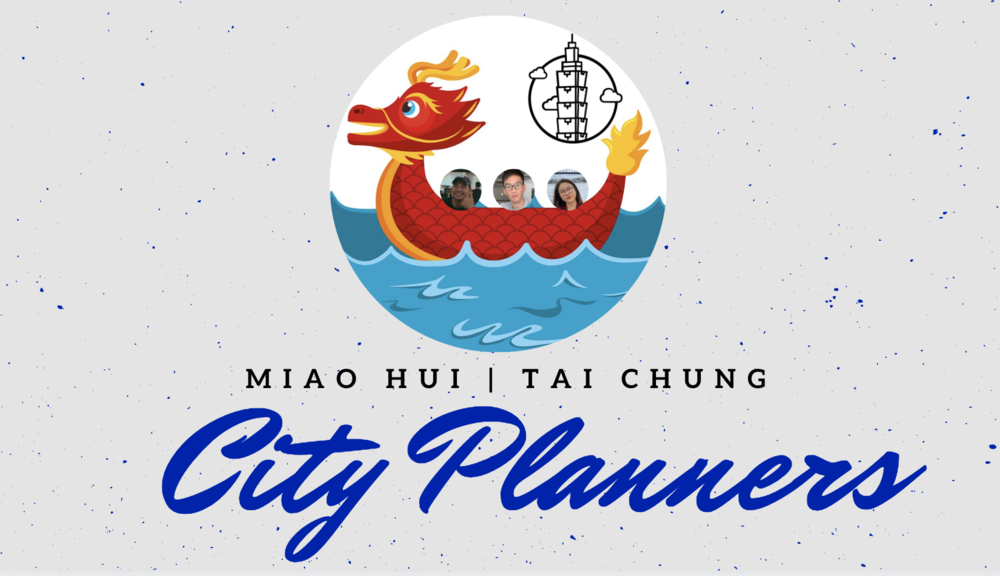Difference between revisions of "G2-Group13 WebMaps"
Jump to navigation
Jump to search
Lhkhong.2018 (talk | contribs) |
|||
| (16 intermediate revisions by 3 users not shown) | |||
| Line 1: | Line 1: | ||
| − | [[File:cp2banner.png|center|link= | + | [[File:cp2banner.png|center|link=G2-Group13|1000px]] |
<!------- Main Navigation Bar----> | <!------- Main Navigation Bar----> | ||
{| style="background-color:#99afaf;" width="100%" cellspacing="0" cellpadding="0" valign="top" border="0" | | {| style="background-color:#99afaf;" width="100%" cellspacing="0" cellpadding="0" valign="top" border="0" | | ||
| + | <br> | ||
| Line 23: | Line 24: | ||
<!------- End of Main Navigation Bar----> | <!------- End of Main Navigation Bar----> | ||
| + | |||
| + | ==Introduction== | ||
| + | A module about Geographic Information Systems for Urban Planning where we utilize GIS software (an open source software called QGIS in this case) to conduct various forms of geographical data analysis in differing contexts. | ||
| + | </br></br> | ||
| + | The main objective of our project for us to find the optimal trade area delineation for our client (an international F&B franchise) that can best explain their sales data performance. We explored a total of 5 different possible trade area delineations of which the number of Points of Interests (POIs) that each trade area covers differs. | ||
| + | </br></br> | ||
| + | The respective trade area delineation web maps can be found here, without needing to download QGIS to view. | ||
| + | </br></br> | ||
| + | [https://fatberryz.github.io Click here for a brief introduction] | ||
| + | |||
| + | ==Web maps for our different delineated trade areas== | ||
| + | # [https://fatberryz.github.io/2.5kmBuffer 2.5kmBuffer] | ||
| + | # [https://fatberryz.github.io/3kmBuffer 3kmBuffer] | ||
| + | # [https://fatberryz.github.io/3.5kmBuffer 3.5kmBuffer] | ||
| + | # [https://fatberryz.github.io/CurrentTradeArea Current Trade Area] | ||
| + | # [https://fatberryz.github.io/Network Network Analysis Trade Area] | ||
Latest revision as of 15:52, 24 November 2019
Introduction
A module about Geographic Information Systems for Urban Planning where we utilize GIS software (an open source software called QGIS in this case) to conduct various forms of geographical data analysis in differing contexts.
The main objective of our project for us to find the optimal trade area delineation for our client (an international F&B franchise) that can best explain their sales data performance. We explored a total of 5 different possible trade area delineations of which the number of Points of Interests (POIs) that each trade area covers differs.
The respective trade area delineation web maps can be found here, without needing to download QGIS to view.
Click here for a brief introduction
